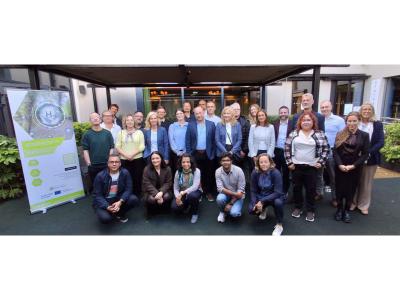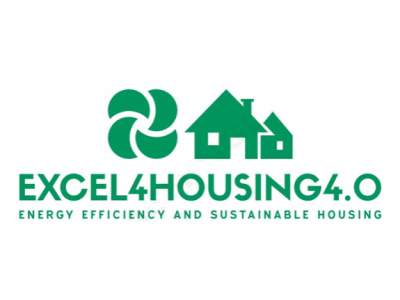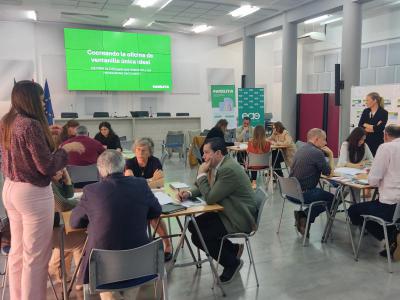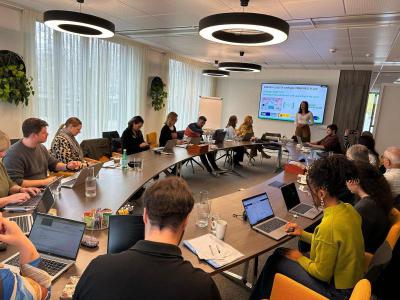FEEnERT Project
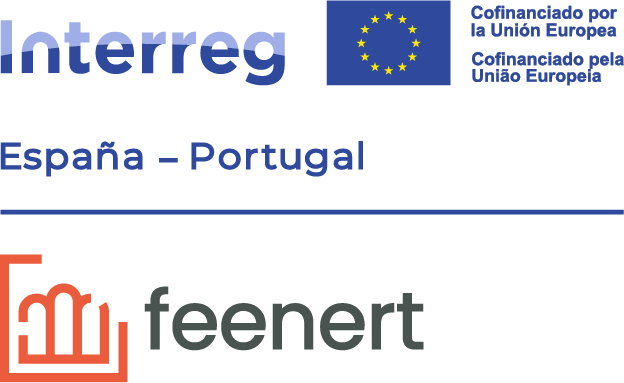
TYPE OF PROJECT:
Cross-border Programme Interreg VI A Spain-Portugal (POCTEP).
Reference: 0083_FEENERT_4_E
PROJECT DURATION:
October 2023 - December 2026
PARTICIPATING COUNTRIES:
Spain and Portugal
TOTAL BUDGET: The project was granted an overall budget of 2.016.210,49€, and it is cofinanced by the European Regional Development Fund (ERDF) under the third call of Interreg VI-A Spain-Portugal (POCTEP) 2021-2027.
PROJECT DESCRIPTION:
Traditional historical architectures are the set of constructions that arise from the implantation of a community in a certain territory and that manifest in their diversity, their ecological adaptation, both to natural conditions and resources and to the historical and socioeconomic processes developed in each place.
In the area of the Line, these buildings cover all types of uses, from residential to public use, especially in rural environments.
According to the transposition of Directive 2010/31/EU on energy efficiency in buildings in both Spain and Portugal, historic buildings are excluded from carrying out any action to improve energy efficiency that is likely to alter their character or appearance.
Taking into account that these buildings are classified as existing buildings and, as such, are among the main energy consumers, it is necessary that the efforts carried out by both countries to improve energy efficiency in these buildings are forceful. FEEnERT will develop a set of intervention actions that are complementary and aimed at adapting traditional buildings for public use to the risks associated with climate change through a sensitive and sustainable rehabilitation based on local techniques and systems that comprehensively improve the energy efficiency of these buildings, involving all agents in the rehabilitation process. Understanding this process as an economic engine for the territory.
To this end, the actions that will be carried out are:
- Identify the current barriers to the implementation of Energy Efficiency solutions in buildings with traditional architecture.
- Characterize traditional construction systems and energy rehabilitation intervention techniques based on local materials and solutions compatible with heritage constructions, conveniently adapted to regulatory requirements.
- Develop an action protocol for energy rehabilitation of traditional architecture based on BIM, integrating technologies and tools developed within the project.
- Support for SMEs in the sector to improve R&D&I and to promote initiatives that allow traditional construction trades and techniques not to disappear, adapting them to new regulatory requirements and energy efficiency standards.
 ES
ES EN
EN

